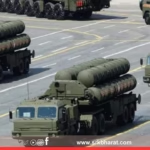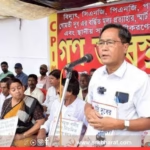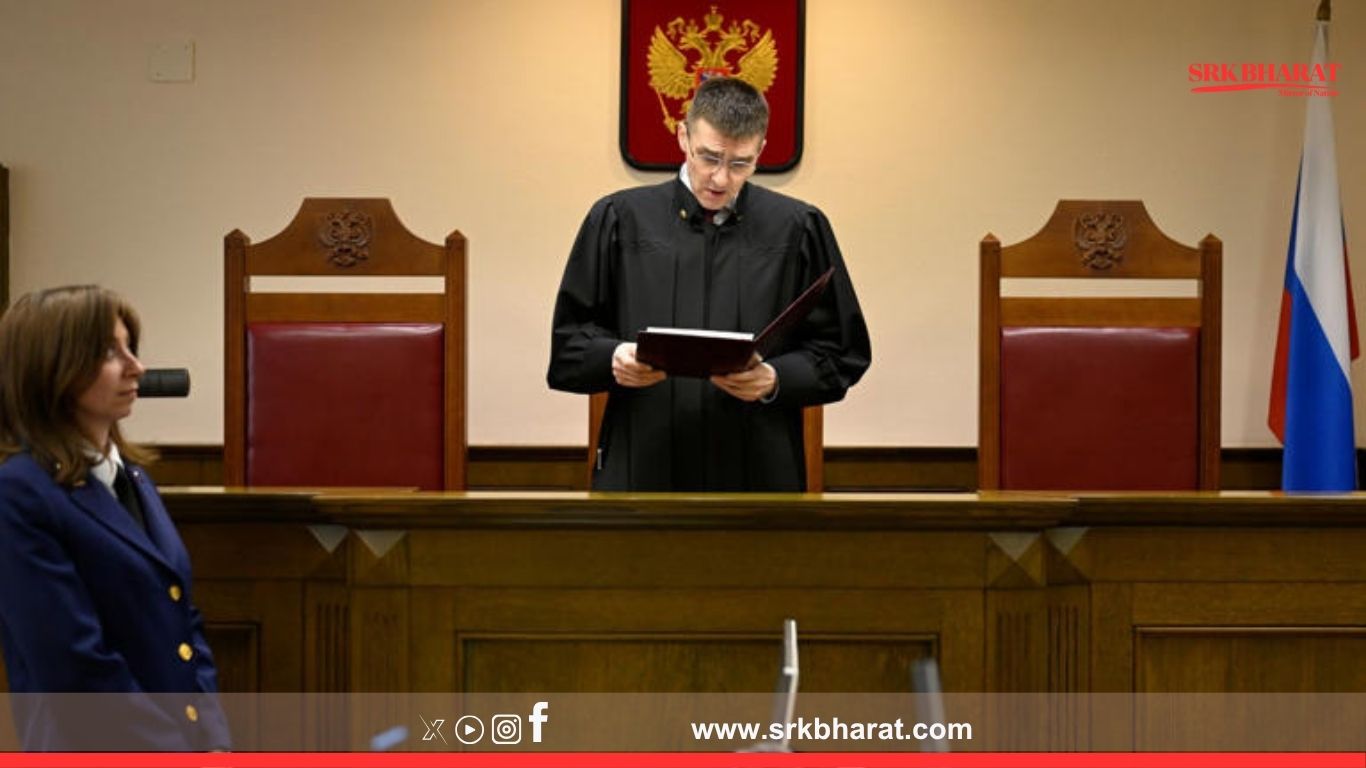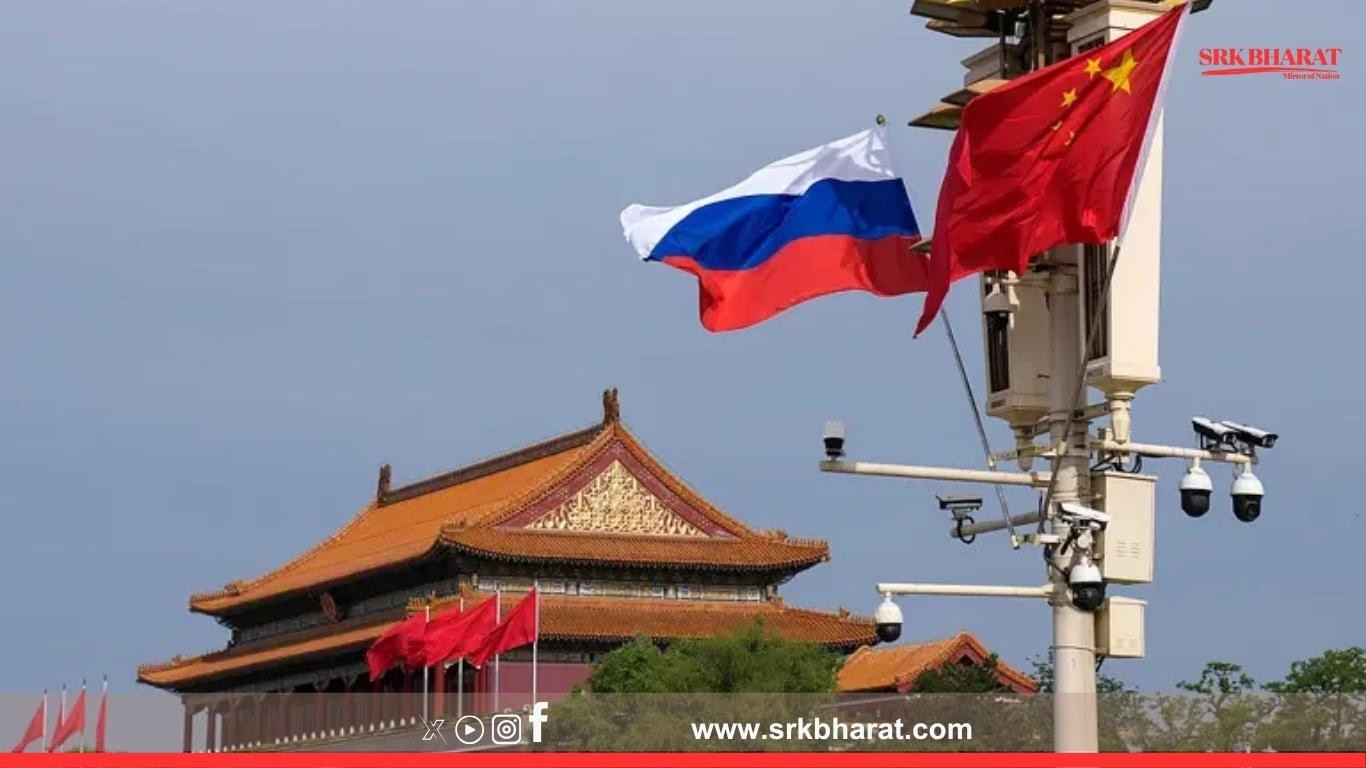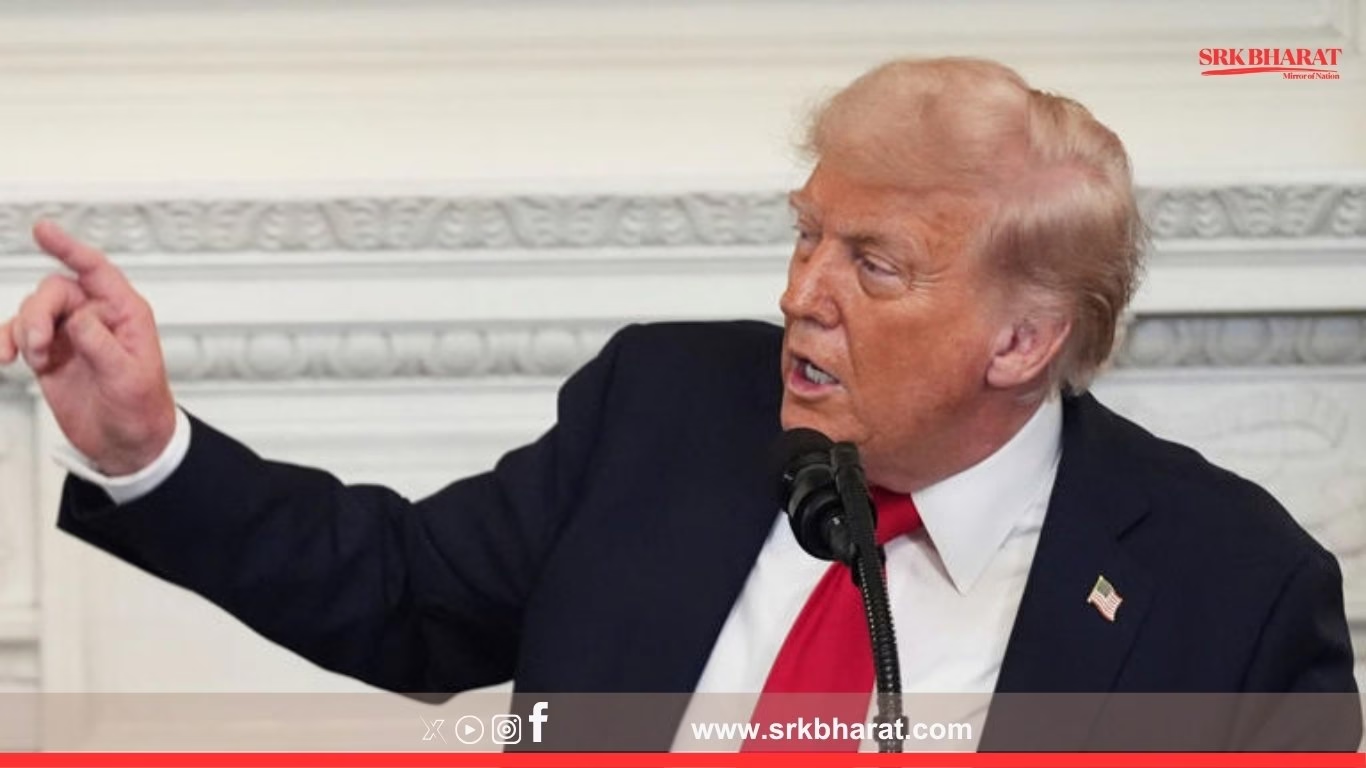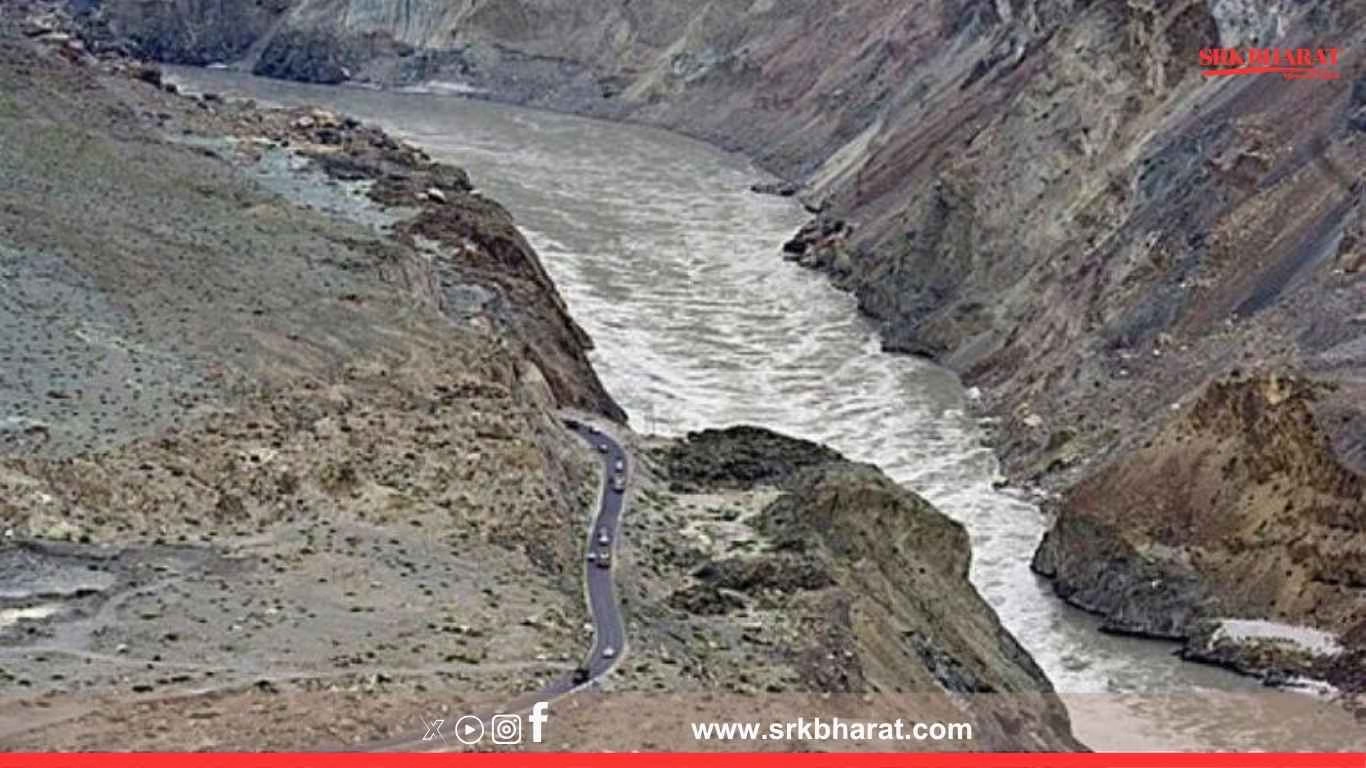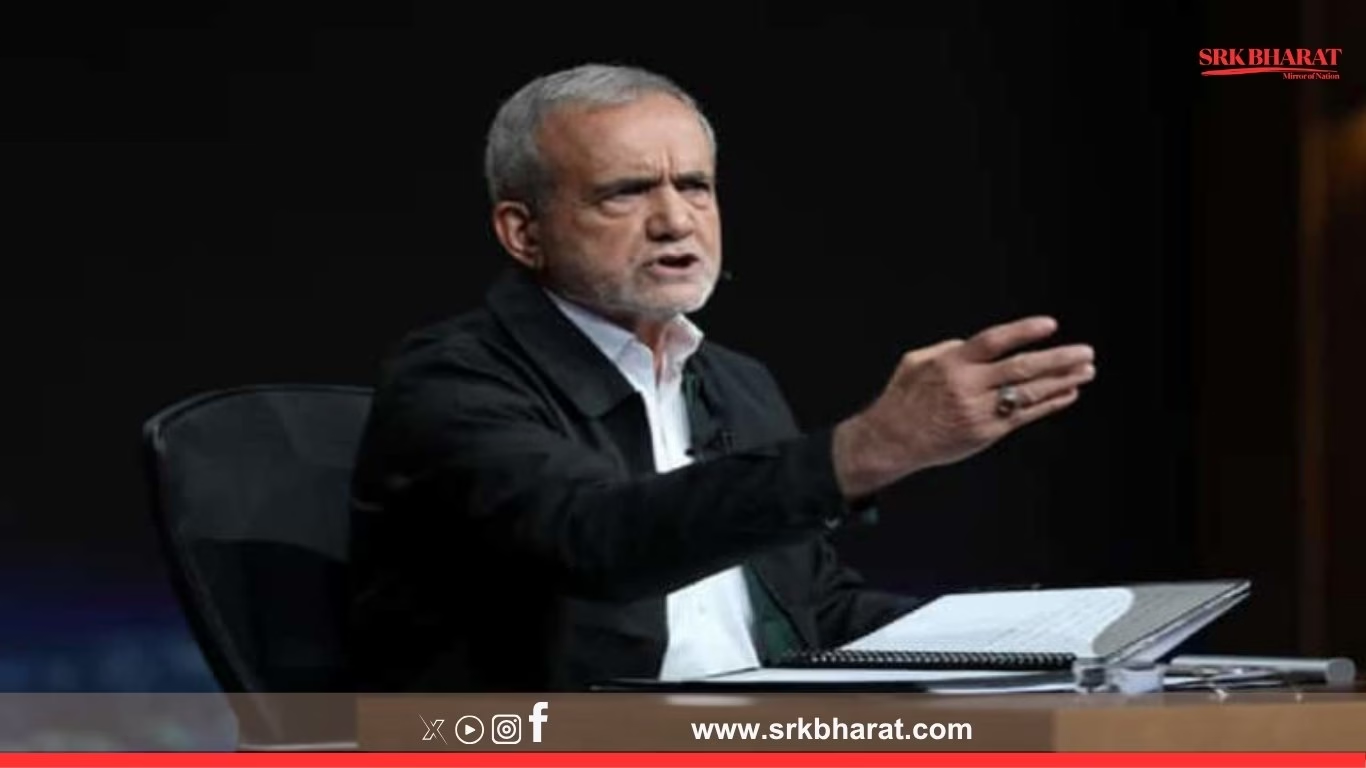In a dramatic diplomatic shift with wide-ranging geopolitical consequences, Russia has formally recognised the Taliban government in Afghanistan, becoming the first major power to do so since the militant group seized Kabul in August 2021.
Key Highlights
- Russian President Vladimir Putin’s government officially accredits Taliban diplomats in Moscow.
- The recognition breaks a near four-year diplomatic freeze for the Taliban regime.
- Signals Moscow’s strategic pivot in South and Central Asia amid its isolation from the West.
- Global powers including the US, EU, and India express concern over implications for counterterrorism.
What Russia Announced
Russian Foreign Minister Sergey Lavrov stated:
“We have decided to formally recognise the Islamic Emirate of Afghanistan as the legitimate government representing the Afghan people. This decision is taken in view of stabilising regional security and promoting economic cooperation.”
The Taliban’s acting Foreign Minister Amir Khan Muttaqi welcomed the announcement, calling it:
“A historic milestone for Afghanistan’s sovereignty and global legitimacy.”
Russia simultaneously announced plans to:
- Reopen full diplomatic operations in Kabul, upgrading its mission from charge d’affaires to ambassador-level.
- Resume trade agreements suspended since 2021, especially fuel, grain, and fertiliser supplies.
- Extend scholarships and technical assistance to Afghan ministries and universities.
Background: Why This Matters
| Year | Event | Outcome |
|---|---|---|
| 2021 | Taliban seized power in Afghanistan after US withdrawal. | No formal recognition from any major country; frozen assets, humanitarian crisis. |
| 2022-2024 | Russia hosted Taliban delegations for regional security talks. | Maintained working relationship but withheld recognition. |
| 2025 | Russia formally recognises Taliban as Afghanistan’s government. | Breaks international diplomatic deadlock. |
Strategic Reasons Behind Russia’s Move
Analysts cite multiple motivations:
- Expand Russian influence in South Asia as ties with the West remain frozen post-Ukraine war.
- Prevent Afghan instability from spilling into Central Asian republics, where Moscow maintains military bases.
- Counter growing Chinese economic and security outreach into Afghanistan under Belt and Road projects.
- Secure access to critical minerals, lithium, and rare earths needed for Russian defence industries.
Professor Dmitri Trenin, Russian foreign policy expert, said:
“By recognising the Taliban, Russia cements itself as Afghanistan’s primary partner, undercutting US and EU leverage while reinforcing its strategic relevance in Eurasia.”
Global Reactions
United States
The US State Department termed the decision:
“Premature and undermining global efforts to ensure Afghan governance respects human rights and counters terrorism.”
Washington fears formal recognition could embolden Taliban hardliners, derail humanitarian negotiations, and legitimise extremist networks.
European Union
Brussels echoed concerns, stating that:
“Recognition should be contingent upon formation of an inclusive government, women’s rights, and counterterrorism guarantees.”
India
Indian diplomatic sources expressed cautious concern over:
- Possible security implications for Kashmir and regional Islamist networks.
- Taliban’s past support to Pakistan-based terror outfits targeting India.
- Russia’s growing divergence from Indian positions in Afghanistan.
However, Indian officials noted that Russia’s outreach may also be leveraged to contain Taliban-Pakistan intelligence linkages, balancing regional power dynamics.
China
Beijing has so far maintained de facto ties without formal recognition. Analysts expect China to follow Russia’s lead soon, bolstering its economic projects in Afghanistan.
Taliban’s Diplomatic Gains
| Gain | Impact |
|---|---|
| Formal recognition by Russia | Breaks diplomatic isolation; boosts domestic legitimacy. |
| Prospects of trade and energy deals | Alleviates economic crisis and fuel shortages. |
| Strengthened bargaining position with US, EU, UN | Potentially eases frozen asset negotiations. |
The Taliban’s acting government faces severe economic constraints, international sanctions, and food insecurity crises. Recognition by Russia unlocks new avenues for bilateral trade, aid, and military cooperation.
Regional Security Implications
Security experts warn that formal ties may:
- Encourage other countries to normalise relations without demanding reforms, weakening international leverage over Taliban policies.
- Facilitate Taliban acquisition of advanced Russian military equipment under humanitarian aid pretexts.
- Create safe havens for global jihadist networks if counterterror cooperation is not ensured.
Potential Defence And Economic Cooperation
Russian defence and energy analysts have highlighted:
- Possible counterterror intelligence sharing, especially against Islamic State-Khorasan Province (IS-KP).
- Revival of Soviet-era mineral extraction projects in Afghanistan, including copper, uranium, and lithium reserves.
- Grain exports to Afghanistan to mitigate food shortages, paid via barter deals or mining concessions.
Experts’ Views
| Analyst | Comment |
|---|---|
| Dr. Michael Kugelman, South Asia Institute | “Russia’s move is geopolitical signalling to show it is a power broker in South Asia despite Western sanctions.” |
| Dr. Sana Hashmi, Taiwan-Asia Program | “India must recalibrate its Afghanistan policy to prevent security vacuums being filled by Russia-China-Pakistan alignments.” |
| Prof. Vladimir Sotnikov, Moscow State University | “Russia gains economically and strategically but must ensure Taliban curbs transnational terrorism.” |
Possible Impact On Taliban Policies
While Russia has urged the Taliban to form a more inclusive government and reopen schools for girls, analysts remain sceptical if Moscow will prioritise human rights over strategic interests.
The Taliban has reiterated vague commitments to “respect Islamic rights of women,” falling short of international expectations for universal female education and employment.
Timeline Of Russia-Taliban Engagements
| Year | Engagement | Outcome |
|---|---|---|
| 2021 | Hosted Taliban delegations post-US withdrawal. | Maintained informal channels; no recognition. |
| 2022 | Invited Taliban to Moscow Format talks on regional security. | Discussed IS-KP threat, drug trade, refugee issues. |
| 2024 | Taliban representatives attended St. Petersburg International Economic Forum. | Initiated talks on energy and wheat imports. |
| 2025 | Formal diplomatic recognition granted. | Opens avenues for defence, trade, and mining cooperation. |
Conclusion
Russia’s formal recognition of the Taliban government marks a tectonic shift in Afghanistan’s diplomatic isolation, creating new power dynamics in South and Central Asia.
While the Taliban gains legitimacy and economic relief, the global community remains concerned over potential setbacks in counterterrorism, human rights, and inclusive governance. As Moscow expands its Eurasian influence amid Western sanctions, Afghanistan emerges as a crucial node in Russia’s quest to reassert itself as a global power broker.
The coming months will reveal whether Russia’s gamble stabilises Afghanistan for mutual benefit or empowers hardline factions with dangerous regional repercussions.
Disclaimer: This article is based on official government statements, regional diplomatic inputs, and expert analysis for public informational purposes.



